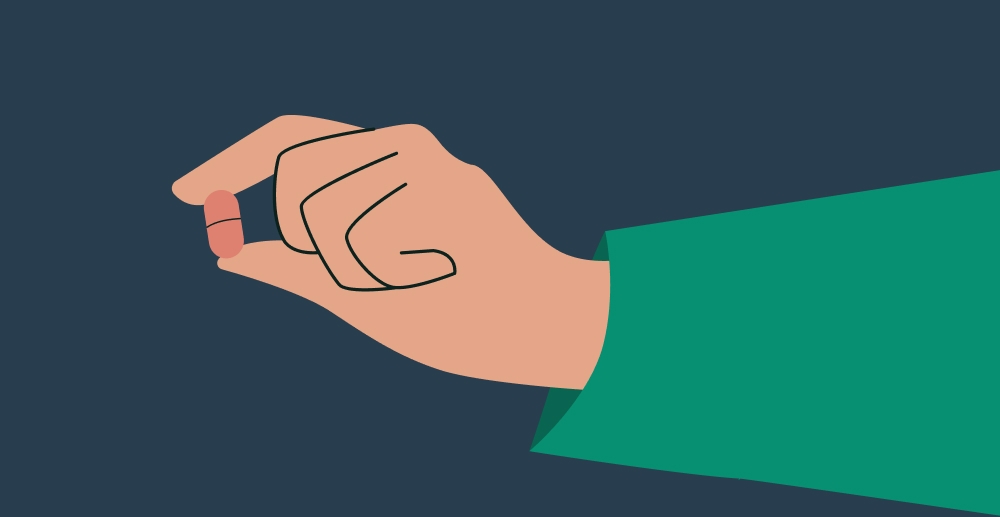Even if you’ve been throwing the idea around for a while, actually quitting drinking can be daunting.
You may find yourself with more questions than answers about what an alcohol-free life looks like. What will your friends think? How will you fill your free time? Won’t it be awkward at social gatherings? Truthfully, it may never feel like there is a right time, or you may find yourself trying to bargain, to convince yourself you don’t actually need to quit.
But the reality is that if you have considered quitting, there is likely a valid reason for that. The key is just getting to a point where you are ready to take the plunge. And for some, that takes more time. If you are considering quitting but haven’t quite hit that point of readiness, here are a few actions to consider in getting you closer to that step.
-
Talk to people you know who have already made the commitment to quitting drinking.
If you feel comfortable, spark up a conversation with someone you know who no longer drinks. Talk to them about why they chose to stop and when they knew they were actually ready to take that final step and stop completely. They may be able to offer some valuable advice and some viewpoints you hadn’t yet considered. And even if it’s not enough to convince you it’s time to quit, it’s still a step in the right direction. Over time, you’ll likely find yourself coming back to conversations like these and replaying the words in your mind. There is always something to be gained from a good, honest conversation, even if it isn’t the tipping point.
-
Take an alcohol-free test drive.
Big changes are less daunting when they don’t feel permanent. Rather than thinking about quitting drinking forever, just consider trying one evening out without it. Tell your friends you’re just not in the mood to drink, and see how the evening goes. Sure, it may be awkward. But awkward isn’t the end of the world. You’ll survive and likely realize that quitting drinking isn’t quite as scary as you have convinced yourself it is.
-
Pick up a new hobby.
Once you stop drinking, one of the scariest things you’ll run into is free time. It’s hard to know how to fill the time that used to be filled with alcohol use, and sometimes this can even lead to relapse. So before you quit, look into some new hobbies. Start doing something you’ve always been interested in or curious about and make a commitment to stick to it. Whether this is writing, working out, hiking, exploring new places….it doesn’t matter. What matters is that you are filling time in a healthy way and making it less tempting to return to drinking to fill that time.
-
Start tracking your drinking.
If you’re still drinking fairly regularly, start a journal and write down each time you drink, what you drink, what happened, and how you felt the following day. This can be an incredibly eye-opening activity. There is something about seeing your drinking put to paper, along with the accompanying feelings, that makes it very clear whether or not alcohol is a problem for you. Once you’ve done this for a few weeks, take the time to read through your notes and reassess your relationship with alcohol.
-
Find someone to hold you accountable.
Yes, at the end of the day you are the one who has to hold yourself accountable. But that doesn’t mean you can’t have some help along the way. If you feel like you could benefit from some accountability, ask someone in your life to help you curb your drinking or stop completely. Sometimes when we know we have to report back to another person, it makes it easier to make the right decisions along the way.
-
Determine your “why” for quitting.
This is perhaps the biggest motivation of all to quit drinking. Determining your why gives you a reason and something to return to when you’re tempted to drink. Your why can be that you want to be healthier physically, or you want to stop making drunken mistakes and bad judgment calls, or that you simply don’t like who you are when you drink. But whatever your why, take the time to really examine it. Consider what your life would look like without alcohol. If that’s a type of life you want to explore, it may be time to truly implement some changes to quit alcohol for good.
No matter your reason for wanting to cut back on the alcohol or stop altogether, each person is different when it comes to what works and when the time comes to get serious about your relationship with alcohol. For some, it takes various attempts, and for others, the first one sticks. It’s important to remember that there is no right or wrong way to quit. Comparing your journey to the journey of others will only bring frustration. So, when you’re ready to quit, try to remember to focus on your own decision and why you made it in the first place.









